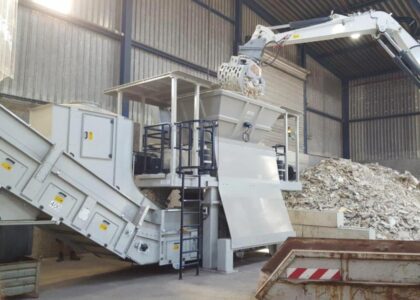In the fast-moving world of manufacturing and production, the importance of efficiency and optimal performance cannot be overstated. Industrial engineering services stand at the forefront of enhancing productivity, reducing costs, and streamlining operations in various sectors. This blog post explores the critical roles that these services play in driving industrial efficiency and the methodologies used to achieve superior outcomes.
Understanding Industrial Engineering
It is a branch of engineering that focuses on optimizing complex processes or systems. It involves the integration of equipment, people, information, materials, and energy to increase productivity, quality, and overall efficiency. Professionals in this field employ specialized knowledge and skills to evaluate and improve processes in manufacturing, technology, and even healthcare.
Key Strategies of Engineering Services
Process Optimization
One of the primary ways engineering services boost productivity is through process optimization. By analyzing current processes and workflows, industrial engineers identify bottlenecks and areas of waste. Utilizing lean manufacturing principles and Six Sigma techniques, they redesign these processes to be more efficient, cost-effective, and faster, without compromising on quality.
Automation and Robotics
By implementing automated systems and robotics technology, industrial engineers can significantly enhance the speed and accuracy of production lines. Automation not only reduces the likelihood of human error but also decreases the physical strain on workers, leading to increased safety and longer operational hours.
Workforce Management
Industrial engineers meticulously design job roles and workspaces to maximize efficiency while ensuring employee comfort and safety. This aspect of engineering considers ergonomic factors and the human element in production processes. Effective workforce management ensures that employees are more productive, highly motivated, and less prone to workplace injuries.
Quality Control
Enhanced productivity is closely linked with quality control. These services include developing and implementing rigorous quality control processes to ensure that every product meets specific standards. This not only minimizes waste due to defects but also builds a more reliable brand reputation.
Impact on Business Outcomes
Increased operational efficiency leads to higher production capacities and faster turnaround times, which in turn can result in increased market share and profitability. Furthermore, by reducing waste and improving process efficiency, companies can achieve a more sustainable operation.
Conclusion
The integration of industrial engineering services into a business’s operations is more than a mere upgrade—it is a strategic move toward sustainable and substantial growth. These services equip industries to face the challenges of high production demands and market competition while ensuring efficient use of resources. Ultimately, this engineering is indispensable for any organization aiming to enhance its productivity and thrive in the global market.






